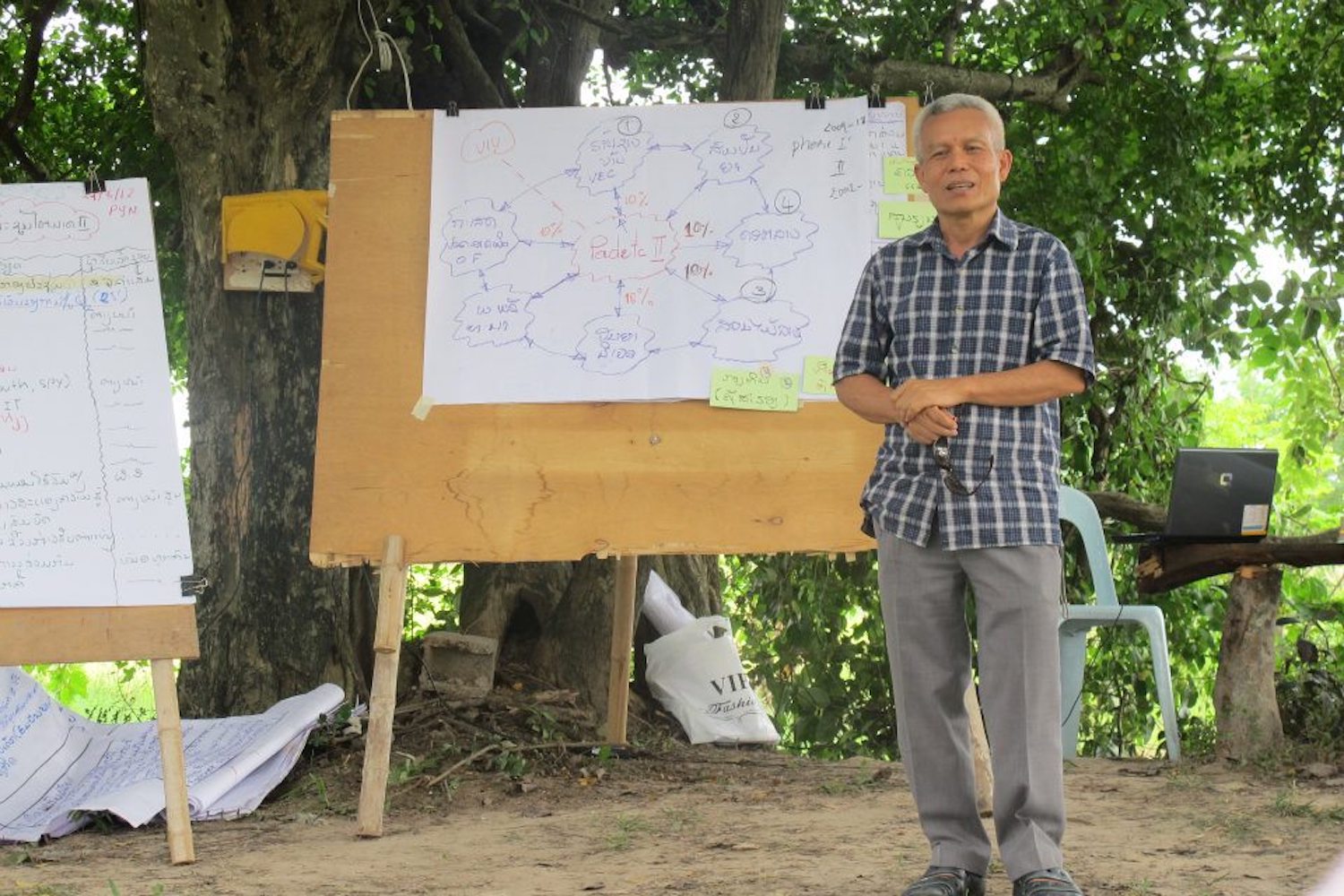Straights Times: 16 December 2015

There was an awkward silence at this week’s press conference on the now three-year-long disappearance of Laotian civil society activist Sombath Somphone.
The roomful of journalists at the Foreign Correspondents’ Club of Thailand – who traditionally compete for their turn at the microphone – had no more question after the first was asked and answered on Monday (Dec 14).
Like so many other incidents of enforced disappearances around the region, the case of Mr Sombath was one that has drawn many queries and yielded little answers since he vanished after being stopped at a police checkpoint on Dec 15, 2012.
Human rights activists allege that key individuals or groups in the landlocked communist state have been intimidated against talking about the case.
The Laotian authorities, say human rights activists, have stopped providing updates about the investigation and have shown little inclination to pursue a case that according to the International Commission of Jurists’ representative Sam Zarifi is “eminently solvable”.
Mr Sombath is a well-respected advocate for sustainable development who received a Magsaysay Award in 2005 for his community leadership. But his work was thought to have upset powerful interests in the country.
His disappearance has left his wife, Singaporean-born Ng Shui Meng, in a limbo. She was not present at the press conference. Poignantly, her reflections were voiced by one of Thailand’s national human rights commissioners, Ms Angkhana Neelapaijit, whose own husband “disappeared” 11 years ago.
“It is like a knife that is permanently embedded in my heart,” she read.
The spouse of someone who is neither officially dead nor missing fights a constant battle against fading public memory.
Speaking via Skype from Jakarta on Monday – Dr Ng said that the district office that oversees the couple’s neighbourhood in Laos last year (2014) sent a family registration book that did not include Mr Sombath’s name.
After Dr Ng went to the police to query it, the police stamped the old family registration book to keep it valid.
“You hope that he won’t be forgotten. You hope that the case remains in the public consciousness, you hope that the government which has promised that it would continue the investigation lives up to its promise,” says Dr Ng.
“How can you forget a person who has lived with you for so many years? A person that is the most important or precious person in your life? … Time cannot erase that person from your memory. So even though everybody else may forget, I cannot forget.”
The couple first met in the 1970s as students in Hawaii. These days, Dr Ng spends most of her time running a handicraft social enterprise in Laos, as well as advocating against enforced disappearances.
People around her “try to be as helpful as possible”. “But everybody has his or her own life to lead. And you just have to cope with this very painful situation,” she says.
“You always feel alone even though other people reassure you that they are with you, that they are thinking about you and they are thinking about Sombath.”
Mr Sombath was a kind, caring husband whose sense of humour made “life a pleasure”. His last words to her, before he disappeared that day in 2012, was “let’s go home for dinner.”
Three years have passed, and Dr Ng clings on to the hope that he is still alive.
“It’s that hope which keeps me going,” she says.

